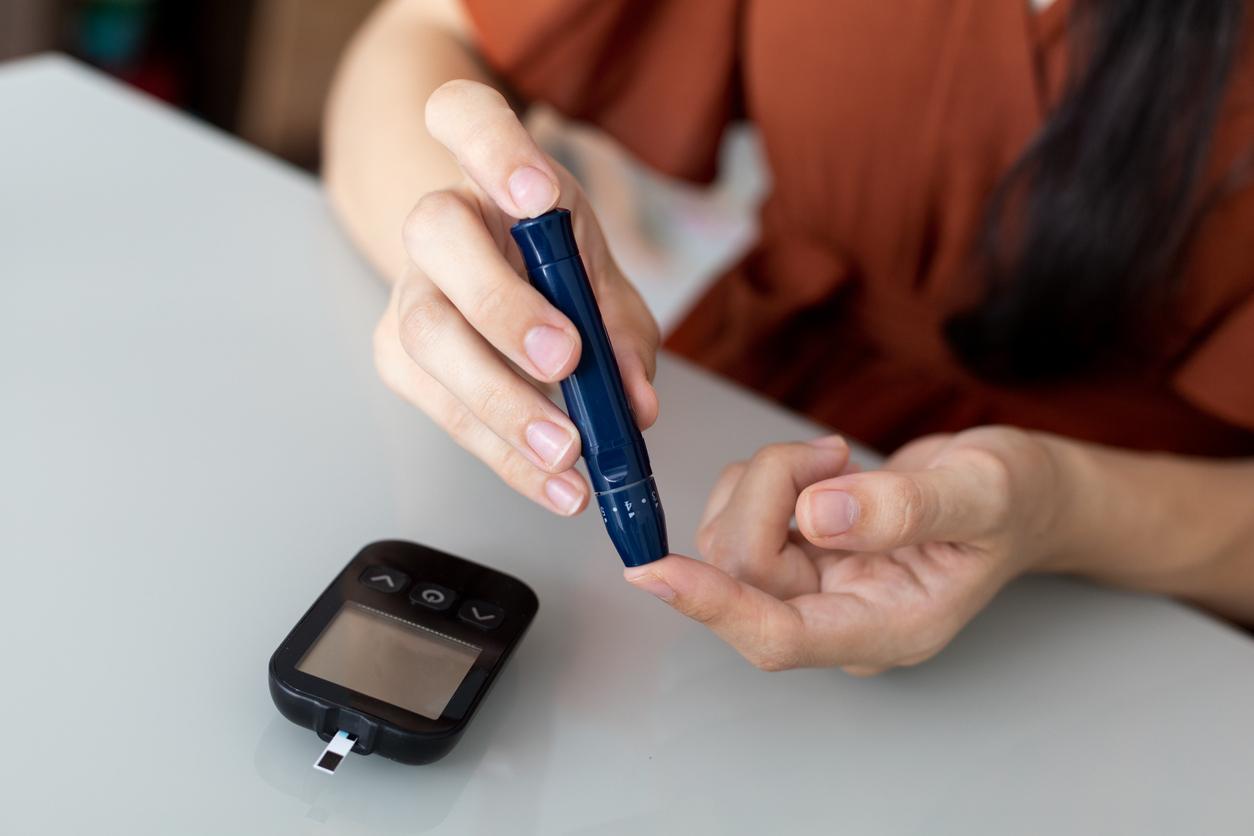An Israeli study shows that certain sweeteners have effects opposite to those sought. Instead of helping to prevent diabetes, they seem on the contrary to promote it.

Diet sodas, cereals, desserts, in all these products, the food industry uses artificial sweeteners. These false sugars are, in fact, very popular with consumers because they have a very high sweetening power but do not provide calories.
However, are these obesity and diabetes prevention tools devoid of all health risks? Not really, according to an Israeli study published in the British scientific journal Nature.
Disruptors of the intestinal flora
At the end of their work carried out on laboratory mice and on a small group of seven people, these scientists confirm, for the first time, that sweeteners disrupt the composition and function of the intestinal flora.
“ We were surprised to find that three sweeteners, saccharin, sucralose and aspartame, trigger certain harmful effects in mice even though they are supposed to prevent them: they cause, for example, improper use of glucose by the body. ‘organism’, summarizes Professor Eran Elinav, of the Weizmann Institute in Israel, the main author of the study.
As a result, when three groups of adult mice ingested water enriched with one of these three sweeteners, after a week, they exhibited one of the warning signs of diabetes: “glucose intolerance” which developed. is reflected by an increase in the level of this sugar in the blood. Conversely, rodents who drank water alone or even sugar water did not develop this anomaly.
Results confirmed on humans
Subsequently, this team of researchers tested their hypothesis on the group of seven volunteers who were not used to consuming sweeteners. After having received the admissible daily doses for seven days, four of them presented high levels of glucose as well as changes in their intestinal flora.
According to Dr. Eran Elinav, certain bacteria may interact with chemical compounds in sweeteners – which are not absorbed by the gut – by secreting inflammatory reactions exacerbating metabolic disorders such as glucose intolerance or diabetes.
However, despite these explanations, these scientists remain very cautious, stressing that their research must be reproduced on a larger scale in humans. While stressing that these results “invite a re-examination of the massive and uncontrolled consumption of these substances today. “
.

















